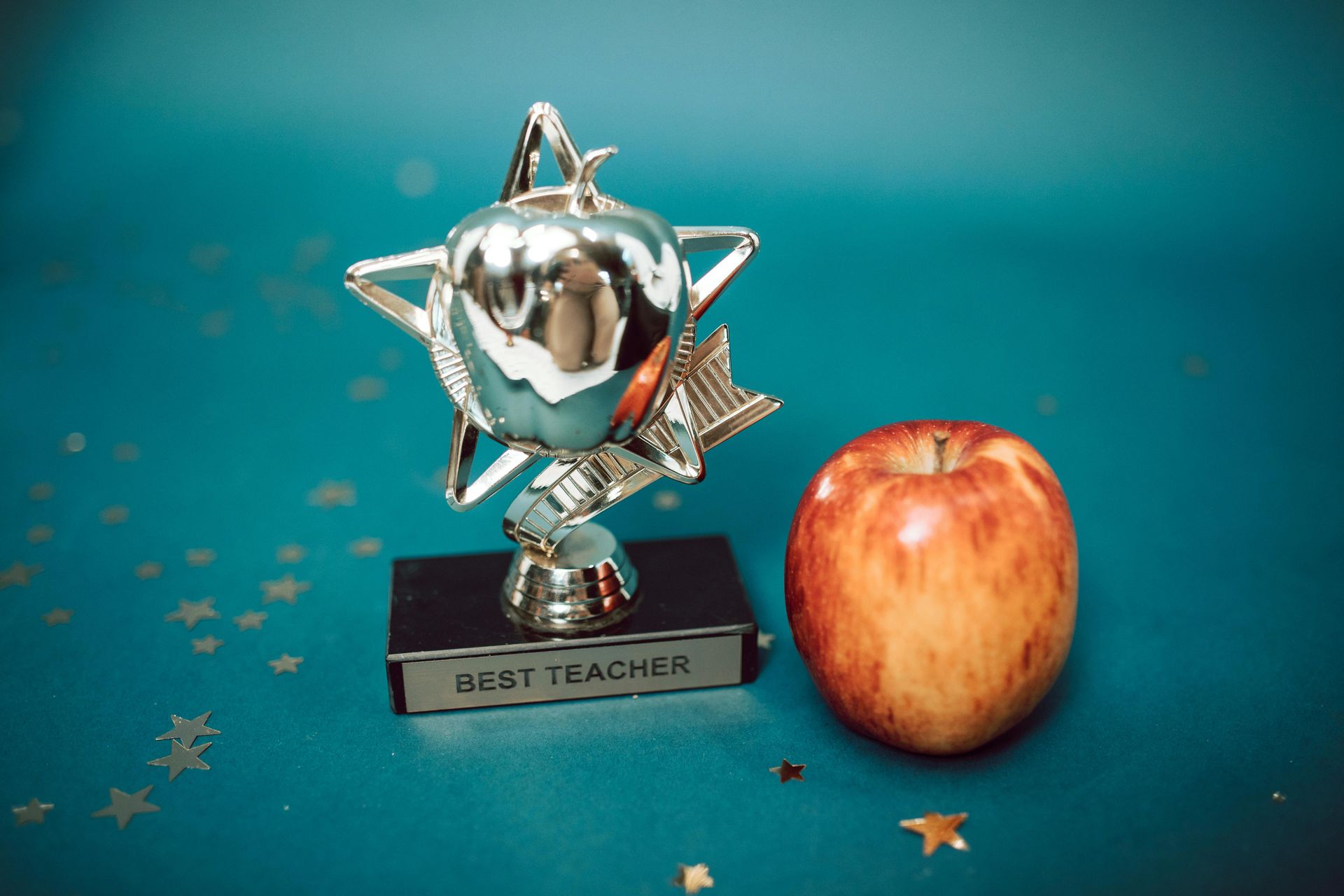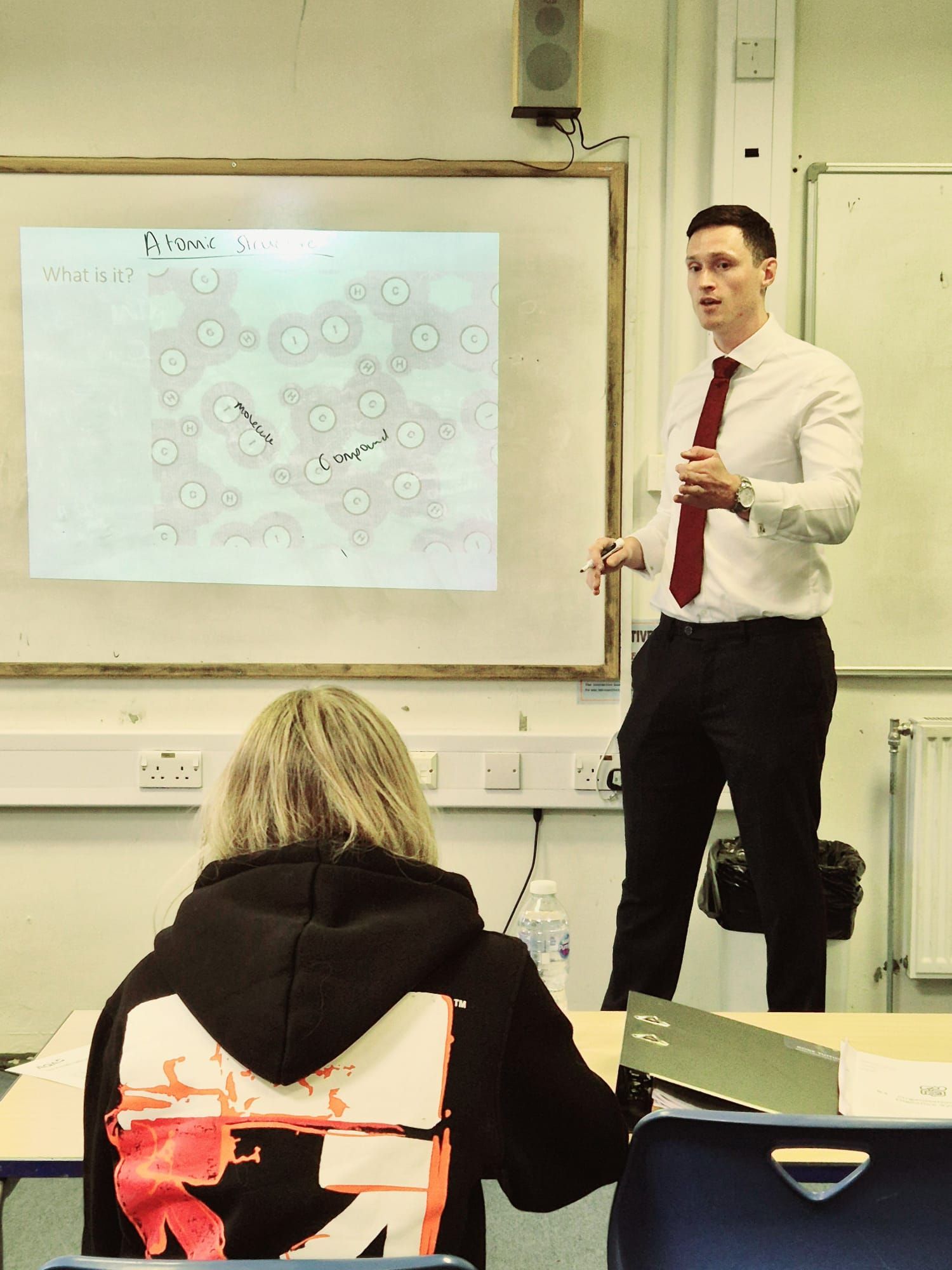Mastering the Top Grades: GCSE Science Edition
How to hit that Grade 7+ in Biology, Chemistry and Physics – without needing to be the next Einstein
So, you want a Grade 7 or higher in Science?
Brilliant. You're our kind of student – ambitious, curious, and probably a little overwhelmed by all the equations, organelles, and organic reactions that the GCSE Science curriculum loves to throw at you. But don’t panic. We’re going to break it all down.
At Rose Tuition, we’ve helped countless students smash their GCSEs – not by memorising the textbook word for word, but by learning smarter, not harder. So here’s our ultimate guide to mastering GCSE Combined or Triple Science, and walking into that exam room like a lab coat-wearing legend.
🧬 Step 1: Understand What You’re Actually Being Tested On
Science isn’t just about facts – it’s about how you think.
Every paper will test:
- AO1: Recall of facts (What is diffusion?)
- AO2: Application of knowledge (Why does diffusion happen faster at higher temps?)
- AO3: Practical skills & data analysis (Interpret a graph, spot a dodgy conclusion, that kind of thing)
👉 Top tip: Don’t just revise facts. Practise applying them to different scenarios. Read past-paper mark schemes to see how examiners want you to think.
🔬 Step 2: Don’t Skip the Required Practicals
Yes, we know. You "accidentally" missed half of them because your bunsen burner had a tantrum or your teacher did the demo instead. But…
Required Practicals make up at least 15% of your paper. You must know:
- What was done
- Why it was done
- What you’d expect to see
- What variables were controlled
- What kind of graph you’d draw
👉 Check out our Mock Reaction blog where we talk about making the most of mocks – this includes practical questions that tripped students up last year.
⚗️ Step 3: Master the Core Concepts
Focus on the high-leverage content that comes up again and again. For example:
- Biology: Cell biology, infection & response, homeostasis
- Chemistry: Atomic structure, bonding, chemical changes
- Physics: Energy, forces, electricity
👉 Use the "spec checklists" on AQA, Edexcel or OCR websites and tick off what you’ve mastered.
📊 Step 4: Become a Graph Ninja
So many students lose easy marks on graph questions. Learn to:
- Draw lines of best fit
- Label axes properly (with units!)
- Calculate gradients (rise over run – not rocket science)
- Spot anomalies
👉 Our “Maths in Science” sessions focus on these exact skills. If you struggle with numbers in science – we’ve got you.
🧠 Step 5: Active Revision Beats Passive Reading
Say it with me: Highlighting isn’t revision.
Instead:
- Use flashcards (with questions, not just facts)
- Teach someone else the topic
- Create mind maps or annotated diagrams
- Use spaced retrieval (yep, it’s science-backed)
👀 Haven’t read our blog on How to Revise: A Survival Guide yet? You're missing out.
🧪 Step 6: Past Papers Are Gold Dust
Treat past papers like your lab partner:
- Do them under timed conditions
- Use them to identify weak spots
- Review examiner reports – they’ll tell you exactly why students lost marks
👉 If you’re with Rose Tuition, you know our sessions focus heavily on exam technique and mark scheme precision. That’s how we level up.
⚡ Final Thought – You’re Not Too Late
Even if exams are just around the corner, you can still make huge progress with the right support and a strategic plan.
Think of it like a chemical reaction: when you add the right catalyst (that’s us), the rate of reaction (aka, your revision results) skyrockets.











